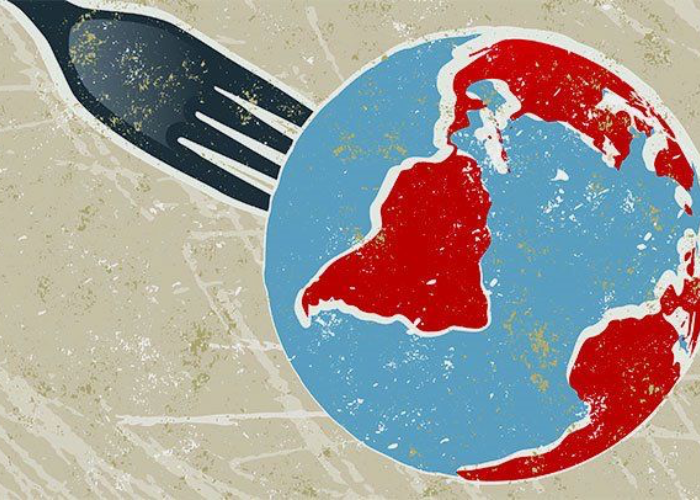Sustainable Nutrition: balancing the consumers’ and the planet’s healthBY LAYLA NATH
- 20 October 2022
- Posted by: Competere
- Categories: highlights, News, Sustainable Nutrition

The Sustainable Development Festival, organized by Asvis, was held from 4 to 20 October 2022. A recent debate focused on the future of sustainable palm oil and options for pursuing the zero deforestation goal.
WHEN FATS ARE GOOD FOR YOU …
Humans need fats to meet their bodies daily energy needs. However, we must make the important choice of which sources of fats are best to consume – both for our health and the health of the planet.
Palm oil plays an important role in meeting the growing demand for fats, ensuring nutrition for the growing population in a sustainable way. Therefore, providing consumers of palm oil with product information is the best path forward.
Stakeholders make enormous efforts on a daily basis to prevent certain elements of production from creating dangerous environmental impacts and damaging the health of the planet. Preserving, protecting and, when possible, restoring natural ecosystems are essential actions.
FROM EARTH HEALTH TO PUBLIC HEALTH
Sustainable nutrition, which aims to preserve the environment, biodiversity, and local resources, and personalized nutrition, which focuses largely on individuals’ health and dietary needs, as well as economic, social and other behavioral characteristics, are both key concepts to keep in mind when thinking about the impact our diets have on the health of the earth and the public.
For example, the production of palmitic acid has been linked to environmental degradation. However, the accusation makes no sense and, according to Sebastiano Banni – Professor of Physiology at the University of Cagliari – there is no reason to eliminate it from our diet, as it is an important fatty acid. There is indeed a balance point, which takes into account both people’s needs and the environment: the certified sustainable one.
RESTORING PALM OIL’S REPUTATION
Palm-driven deforestation has been declining: since 2015, it has continued to decrease, despite a sharp price increase from 2019. Yet, the industry has a bad reputation in the media. When Europe made a consultation on which commodity should be monitored most to reduce deforestation, 80% of the public voted for palm oil.
Nevertheless, in recent years, palm oil has proven to be a model for other oils when it comes to sustainability – among oil crops, it is in fact the most productive (with an average yield of 2.84 tonnes per hectare). Improving its reputation is therefore a must: to do so, it is sufficient to rely on technology. Today, we have the tools to demonstrate compliance with EU legislation: among them, satellite monitoring.
.

